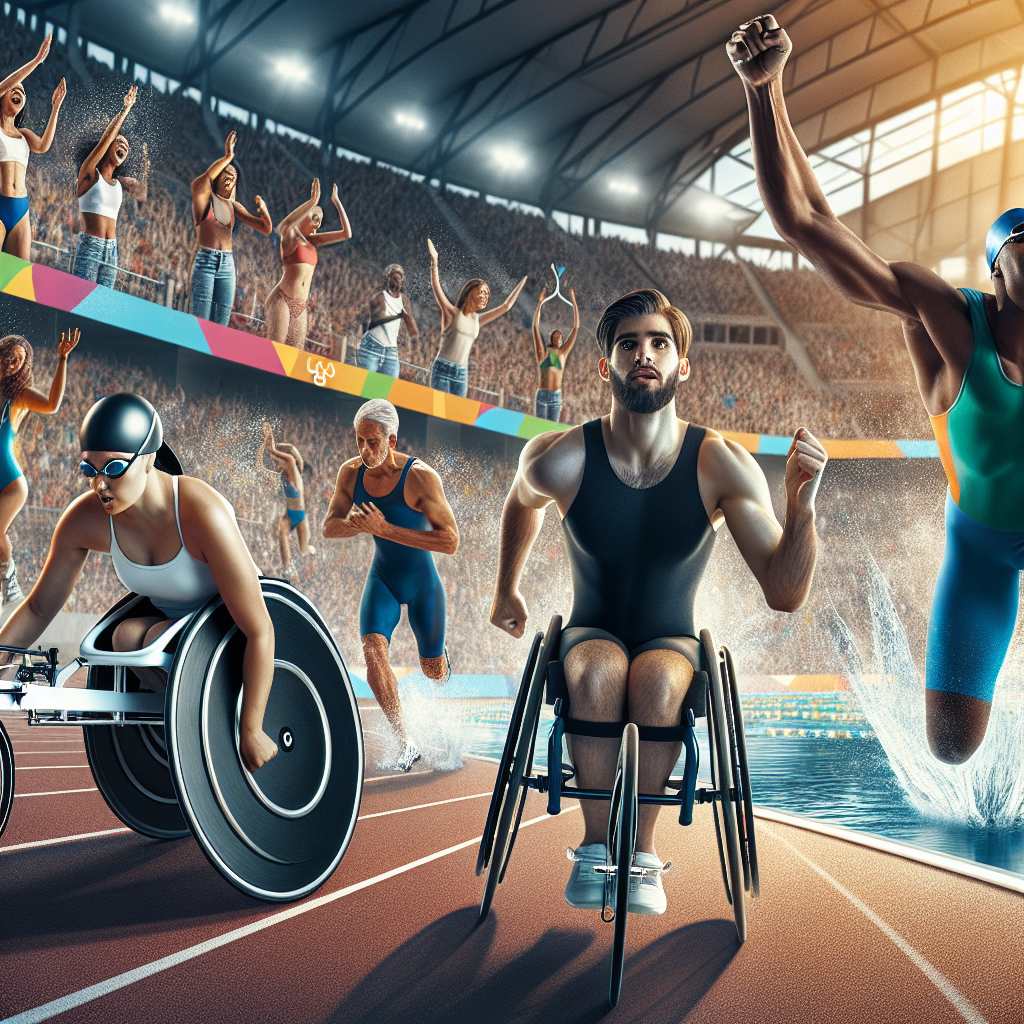In a landmark collaboration, the World Health Organization (WHO) and the International Paralympic Committee (IPC) are set to spotlight the transformative power of assistive technology in sports during the upcoming Paris 2024 Paralympic Games. The joint "Equipped for Equity" campaign aims to advocate for global action to improve access to essential health products, emphasizing their crucial role in enabling Paralympic athletes to achieve extraordinary feats.
Throughout the Games, WHO and IPC will use the Paralympics platform to raise awareness about the importance of assistive technology, showcasing how athletes rely on devices such as running blades, wheelchairs, and release braces in archery. The campaign will feature personal stories from athletes, demonstrating how assistive technology supports their performance in sports and enhances their daily lives.
Dr. Tedros Adhanom Ghebreyesus, WHO Director-General, highlighted the significant impact of assistive technology, stating, "The Paralympics show us what is possible, and the important role that assistive technology plays for these extraordinary athletes. But around the world, many people still do not have access to crucial assistive technology due to its high cost and low availability. We call on governments, donors, and civil society to prioritize these neglected but critical products, by integrating them into primary care programs as part of their journey towards universal health coverage."
Andrew Parsons, President of the IPC, emphasized the unique platform provided by the Paralympic Games: "The Paralympic Games are one of the only global events that put persons with disabilities front and centre, and in many events highlight how assistive technology can support athletes to compete at the highest level. These technologies allow them to redefine what is possible in sports and inspire millions around the world."
However, both leaders underscored the urgent need to address the global disparity in access to assistive technology. WHO estimates that over 2.5 billion people worldwide require assistive technology, yet access remains severely limited. For example, only 5-35% of the 80 million people needing wheelchairs have access to one, and just 10% of the global demand for hearing aids is currently met. This lack of access not only hinders participation in all aspects of life but also increases the risk of exclusion, isolation, and poverty for persons with disabilities.
The "Equipped for Equity" campaign will also spotlight successful national initiatives, such as Zimbabwe's recent tax exemption on assistive technology and the pre-Paralympic tax reductions in France and Japan. These examples are intended to inspire other countries to adopt similar measures and integrate assistive technology into primary health care and universal health coverage frameworks.
Expanding access to quality-assured, safe, and affordable assistive technology is vital not only for empowering individuals but also for driving broader societal and economic development. WHO and IPC argue that making assistive technology more accessible will reduce health and welfare costs, such as recurrent hospital admissions, and promote a more productive labor force, indirectly contributing to economic growth.
In addition to the campaign, WHO is supporting the IPC and the French government in ensuring a healthy and safe environment for all athletes and spectators at the Paris 2024 Paralympics. Joint public health advice, developed with the European Centre for Disease Prevention and Control, has been provided to guide travelers attending the Games.
The "Equipped for Equity" campaign promises to be a powerful call to action, urging global leaders to make assistive technology a priority and ensuring that everyone, regardless of where they live, has the opportunity to lead a full and inclusive life.











